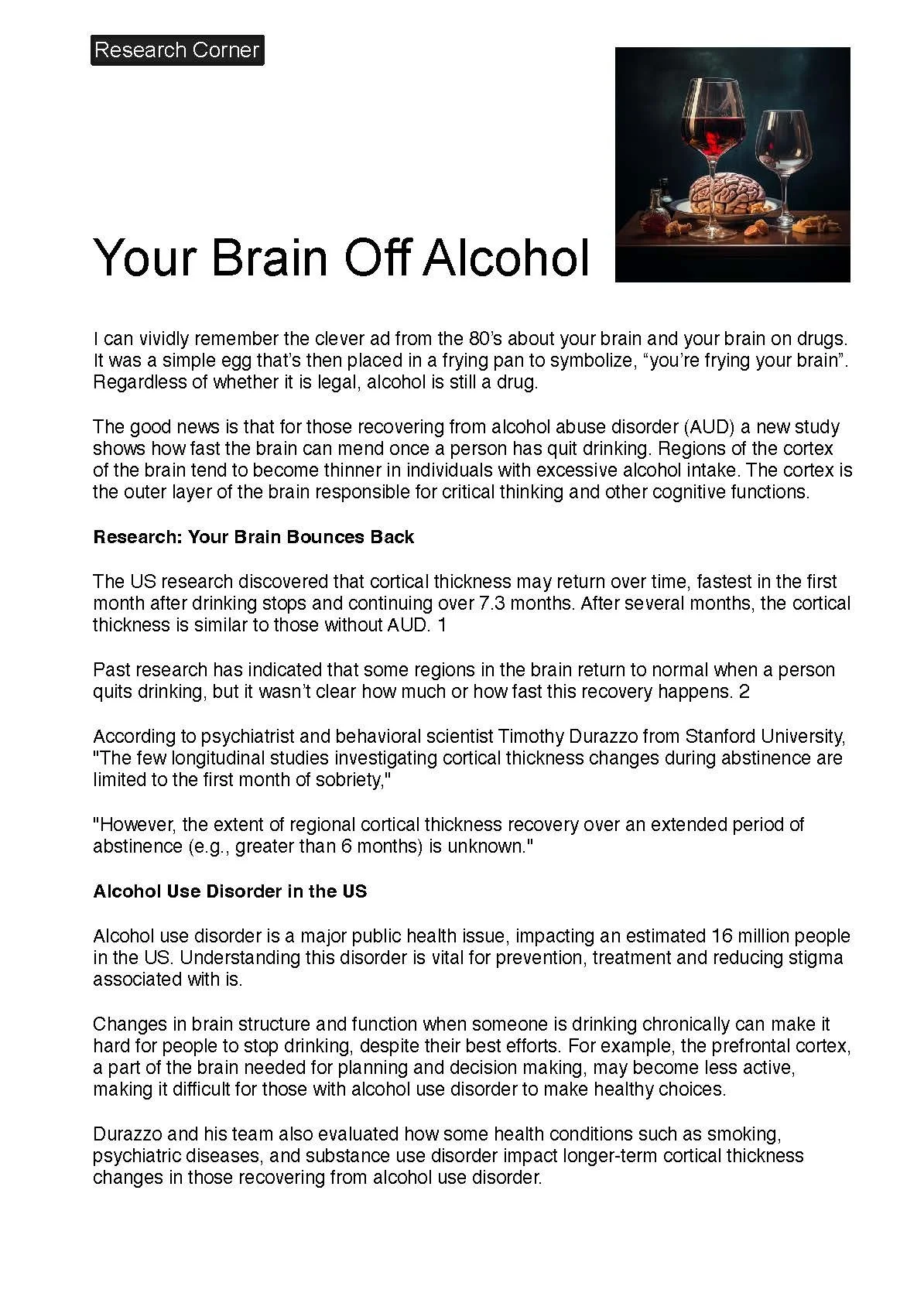Following our license guide, anyone can use our free handouts for up to 15 people. If you need to share more, please join. Professional members receive thousands more handouts plus new premium content each month.
Celebrate National Nutrition Month-Food Connects Us!
As a registered dietitian who grew up in an Italian household where food was central to every occasion from breakfast to bridal showers, I couldn’t be more excited about this year’s National Nutrition Month theme, “Food Connects Us”. National Nutrition Month officially kicks off in March.
Step Your Way to Lower Mortality
We’ve all heard the advice to walk at least 10,000 steps each day. It’s been promoted for several years for its health benefits, but there’s been little data to support the suggestion that it reduces the risk of disease. A 2022 meta-analysis of studies published in the Lancet sheds some light on daily steps and all-cause mortality.
Toddlers get almost half their calories from ultra-processed foods
Kids in the US aren’t the only ones eating too many ultra-processed foods (UPFs). A new study led by the University College London finds that toddlers eat 47% of their total calories from UPFs with a rise to 59% by the time they’re seven years old. Sweet cereals, puddings, and white bread were among the most common.
Artificial Light and Risk for Alzheimer’s Disease
It’s not just artificial food that could impact your risk of Alzheimer’s disease. A recent study published in Frontiers of Neuroscience found an increased risk of this incurable mental illness associated with living in areas full of artificial outdoor light at night.
Vigorous Exercise May Reduce Appetite
Need more reasons to push yourself a bit at the gym? A recent study published in the Journal of the Endocrine Society found that intense workouts are better than moderate workouts for reducing hunger levels in healthy adults, especially in women.
Weight may not be the only thing you lose with GLP-receptor agonist drugs
While GLP-receptor agonist drugs like Wegovy, Ozempic, and Zepbound have taken the weight loss industry by storm, experts in metabolism caution that fat isn’t the only thing being lost.
Skip the Chips to Reduce Risk of Diabetes
Chips or cherries? Regular choices can prevent or promote the risk of developing diabetes. A new study out of University College London finds that swapping out ultra-processed foods with healthier options can reduce your risk of this chronic metabolic disease.
Cracking the Vault: Slow over Fast Meals
Intermittent fasting has been gaining popularity as a weight loss method over the past few years. I never thought cramming all your calories for the day in 8 hours was such a good idea and now research has backed me up. An observational study by the American Heart Association found that this time-restricted eating (TRE) method may not be so great for your heart.
California Bill Bans Food Dyes in Classrooms
I still remember being a kid in the 1970s when red M and M’s were taken off the market. At the time, I had no idea why. Now, as a dietitian, that decision makes more sense, and history may be repeating itself. A recent bill banning dyes in food at public schools in California was introduced and may soon become law.
Two Essential Handouts: Kids and Snacking
Eating behavior in children develops from family history, temperament, and other factors such as feeding rituals they experience. In past studies, the researchers evaluated behaviors that make children more likely to eat when they feel negative emotions.
Cracking the Vault: Reduced Salt Equals Reduced Blood Pressure
Reducing blood pressure is one of the top ways to reduce the risk of future heart attack and stroke. New research from Northwestern Medicine, Vanderbilt University Medical Center and the University of Alabama at Birmingham finds that reducing salt intake can drop blood pressure even among those taking medication for hypertension.
Cracking the Vault: Prescription Produce Program Produces Better Heart Health
Fruits and vegetables are the best prescription to prevent heart disease. Here is a new update.
Elderberry: Help or Hype?
Do elderberries help or harm our eating plans and health? Here is an updated article on this topic by our dietitian, Lisa Andrews, MEd, RD, LD
Handout: Your Brain Off Alcohol
The good news is that for those recovering from alcohol abuse disorder (AUD) a new study shows how fast the brain can mend once a person has quit drinking. Regions of the cortex of the brain tend to become thinner in individuals with excessive alcohol intake. The cortex is the outer layer of the brain responsible for critical thinking and other cognitive functions.
What Can Collagen Do for You?
Collagen is an abundant collective tissue protein found in animals with 29 varieties discovered. We obtain collagen from the cartilage, bones, and connective tissue of animals, including fish. Gelatin is one type of collagen as are peptides and amino acids, which are hydrolyzed (AKA broken down).
Cracking the Vault: Can We Help Fight the Opioid Crisis with Nutrition Therapy?
The opioid crisis (as well as other substance abuse crises) presents a unique intervention opportunity for dietitians.
Lifestyle Modifications to Reduce Cancer Risk
AICR has a new study that shows lifestyle modifications can help lower the risk of cancer.
Cracking the Vault: Go for the Green Mediterranean Diet
The Mediterranean Diet has been named US Best Diet several years in a row and with good reason. Research shows that this sustainable diet plan is not only good for your heart and waistline, but it’s also delicious.
The Safety of Aspartame: Round 2
Recently, the IARC classified aspartame as “possibly carcinogenic to humans” citing limited evidence for its carcinogenicity, specifically liver cancer. IARC is a research organization that evaluates evidence on the causes of cancer but doesn’t make health recommendations. There were three large studies on the intake of artificial sweeteners and cancer. 3
More handouts and resources from our Nutrition Education Store





















